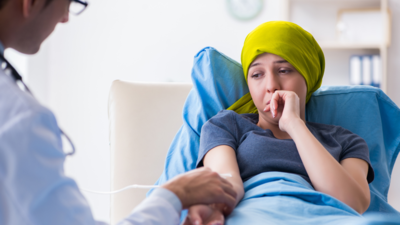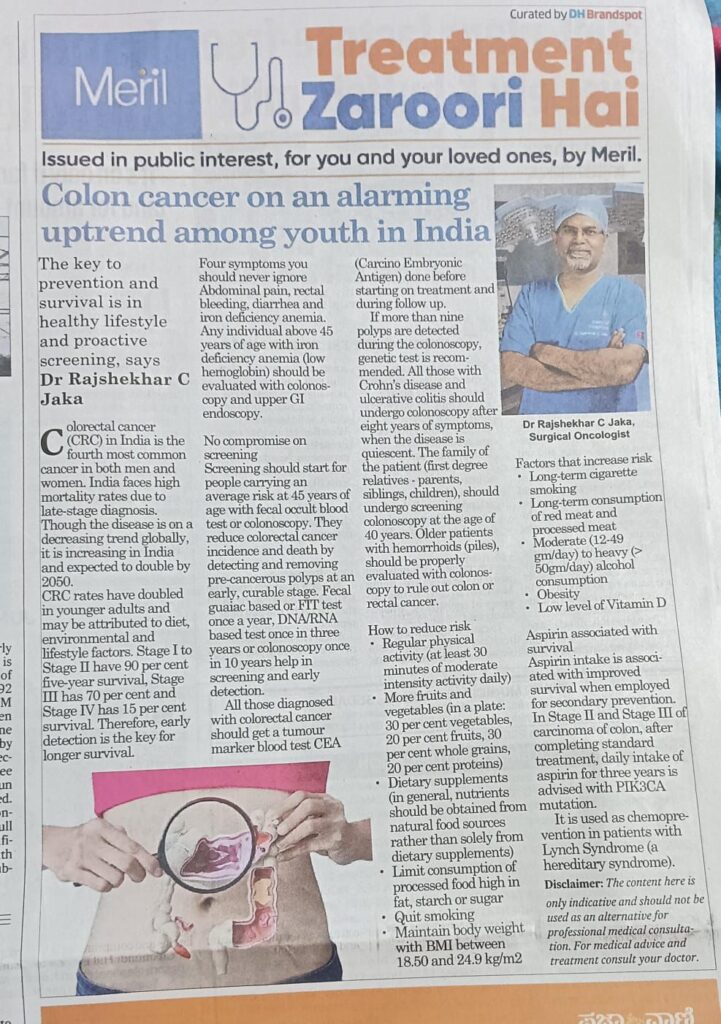Cancer survival is a testimony of strength, but the recovery journey often brings a new set of challenges. Survivors face both physical symptoms and emotional hurdles, which require informed care and attention. Let’s explore the key aspects of post-cancer recovery and how survivors can take steps to restore their health, both mentally and physically.
Why Follow-Ups Are Critical for Survivors
The road to recovery requires consistent health monitoring, especially within the first five years after cancer treatment. Follow-ups help detect potential relapses early and allow for better management of health.
Recommended Follow-Up Schedule:
First 2 Years: Check-ups every 3 months.
Years 3-5: Check-ups every 6 months.
Annual Screening Tests: PET-CT scans are crucial to monitor deep tissue areas for recurrence, while other diagnostic tests give insights into overall well-being.
Essential Post-Treatment Medical Tests:
Blood Sugar Monitoring (HbA1c): Tracks glucose levels over three months.
Thyroid Function Test (TSH): Detects potential thyroid issues caused by therapy.
Vitamin Levels (D & B12): Ensures essential nutrients are balanced.
Complete Blood Count (CBC): Provides an overview of recovery progress.
Understanding Post-Treatment Challenges
Cancer treatment affects the body, leaving behind long-term side effects and potential complications. Recognizing and addressing these challenges ensures smoother recovery.
Physical Symptoms to Watch:
Persistent fatigue and energy depletion.
Menopausal-like symptoms in women undergoing anti-estrogen therapy.
Changing organ function or pain in treated areas.
Common Secondary Conditions:
Diabetes: Can be a side effect of chemotherapy or develop naturally during recovery.
Thyroid Disorders: Survivors of certain cancers often face hypothyroidism.
Pro Tip: Don’t ignore minor symptoms—discuss them with your oncologist at every follow-up!
Emotional and Social Recovery
Beyond physical health, the emotional journey of recovery is often overlooked. Recovery involves addressing social withdrawal, self-doubt, and emotional strain.
Key Tips for Emotional Well-being:
Seek support from family, friends, or cancer survivor groups.
Practice mindfulness or meditation to manage anxiety.
Professional counseling can also aid in coping with trauma.
Lifestyle Choices for a Healthier Recovery
Adopting healthy habits can elevate energy levels, rebuild strength, and accelerate physical healing. Here’s how survivors can stay proactive:
Incorporating Fitness:
Light aerobic exercises like brisk walking for 3–4 kilometers daily reduce fatigue while strengthening muscles.
Dietary Recommendations for Recovery:
Increase Protein Intake: Helps repair tissues and builds strength.
Stay Hydrated: Improved hydration aids digestion and flushes toxins.
Focus on Nutrients: Include more calcium, vitamin D, and antioxidants in your diet.
Hormonal Changes in Women:
Women recovering from breast cancer may face menopausal side effects due to anti-estrogen therapy. Medications and hormone management can help alleviate discomfort.
Expert Advice on Thriving Post-Recovery
Dr. Rajashekhar Jaka and other specialists emphasize the importance of understanding that recovery isn’t just about physical healing—it’s about resetting your lifestyle for long-term success. Survivors who embrace education, resilience, and proactive care see the most improvement.
Conclusion: A Holistic Outlook on Recovery
Cancer recovery touches your mind, body, and soul. With consistent medical check-ups, a healthy lifestyle, and emotional support, survivors can rebuild their lives stronger than ever. Remember, every step you take toward recovery brings you closer to leading a fulfilled, vibrant life.





